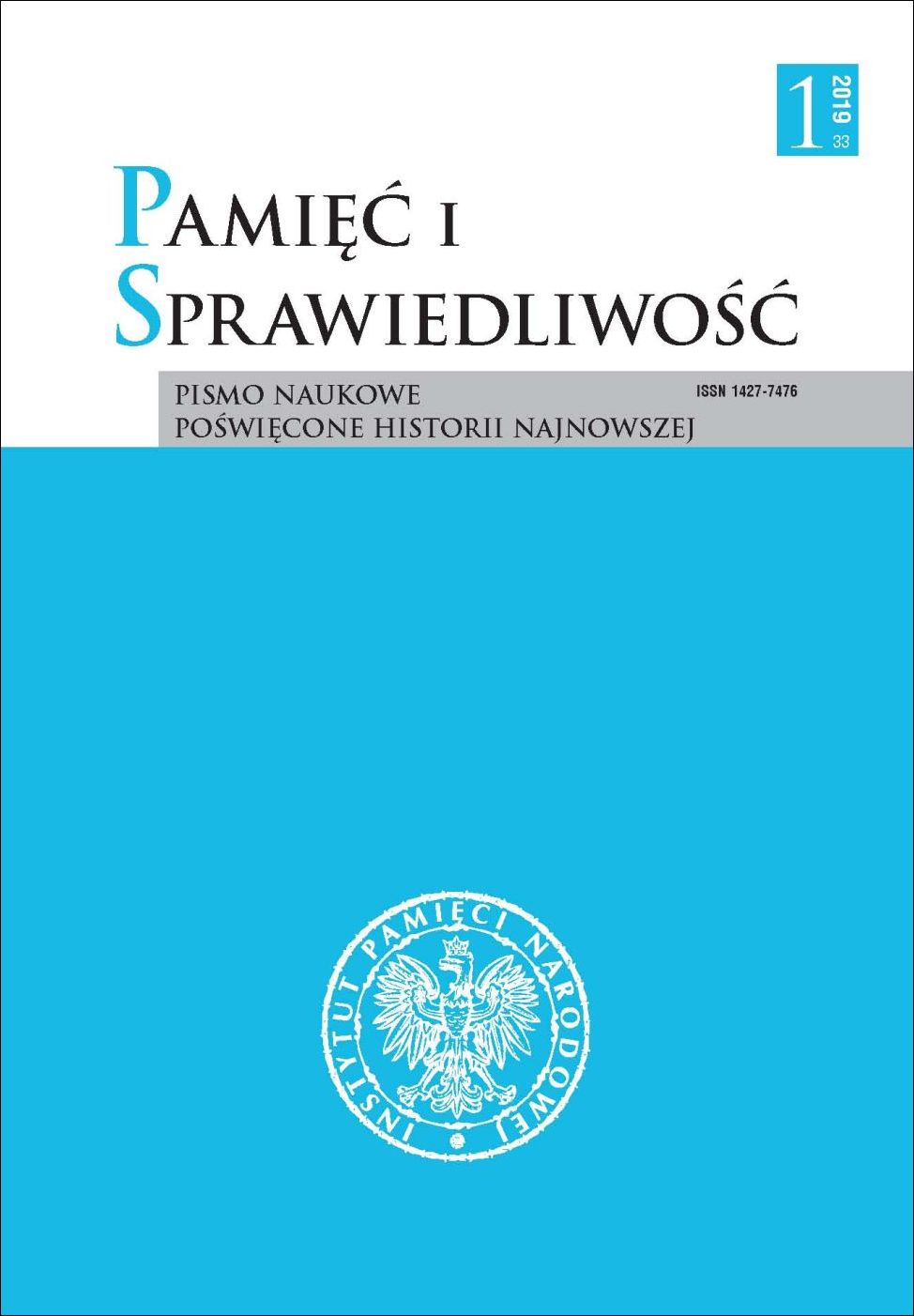Kościół katolicki w latach przełomu (1987–1989)
The Roman Catholic Church in the Breakthrough Years (1987–1989)
Author(s): Rafał ŁatkaSubject(s): History, Social history, Post-War period (1950 - 1989), Post-Communist Transformation
Published by: Instytut Pamięci Narodowej
Keywords: Roman Catholic Church;Polish episcopacy;communist authorities; Józef Glemp;Wojciech Jaruzelski;system transformation; negotiations;
Summary/Abstract: The Roman Catholic Church played a significant role during the last three years of the People’s Republic of Poland. Following the third pilgrimage of John Paul II, the institution acted as a mediator and moderator of dialogue between the authorities and the opposition. The episcopacy kept rejecting subsequent proposals of the government party to reform the system without involving activists of the delegalized “Solidarity” Movement. The involvement of the Roman Catholic hierarchy was hugely important for initiating the “Round Table” talks and during the parliamentary elections of June 1989 when its support turned out to be of key significance for the victory of the Civic Committee and for the defeat of the government party. At that time, the episcopacy also recorded unprecedented successes in the relations between the state and the Church, the regulation of its legal status as well as the Holy See and the People’s Republic of Poland entering into diplomatic relations. It achieved both on its own terms by leveraging its superior negotiation power. The article discusses the approach of the highest hierarchy of the Roman Catholic Church in Poland toward the political situation during the last three years of the People’s Republic of Poland when the episcopacy served as a kind of “midwife” for the agreement between those in power and the opposition
Journal: Pamięć i Sprawiedliwość.
- Issue Year: 33/2019
- Issue No: 1
- Page Range: 13-40
- Page Count: 28
- Language: Polish

